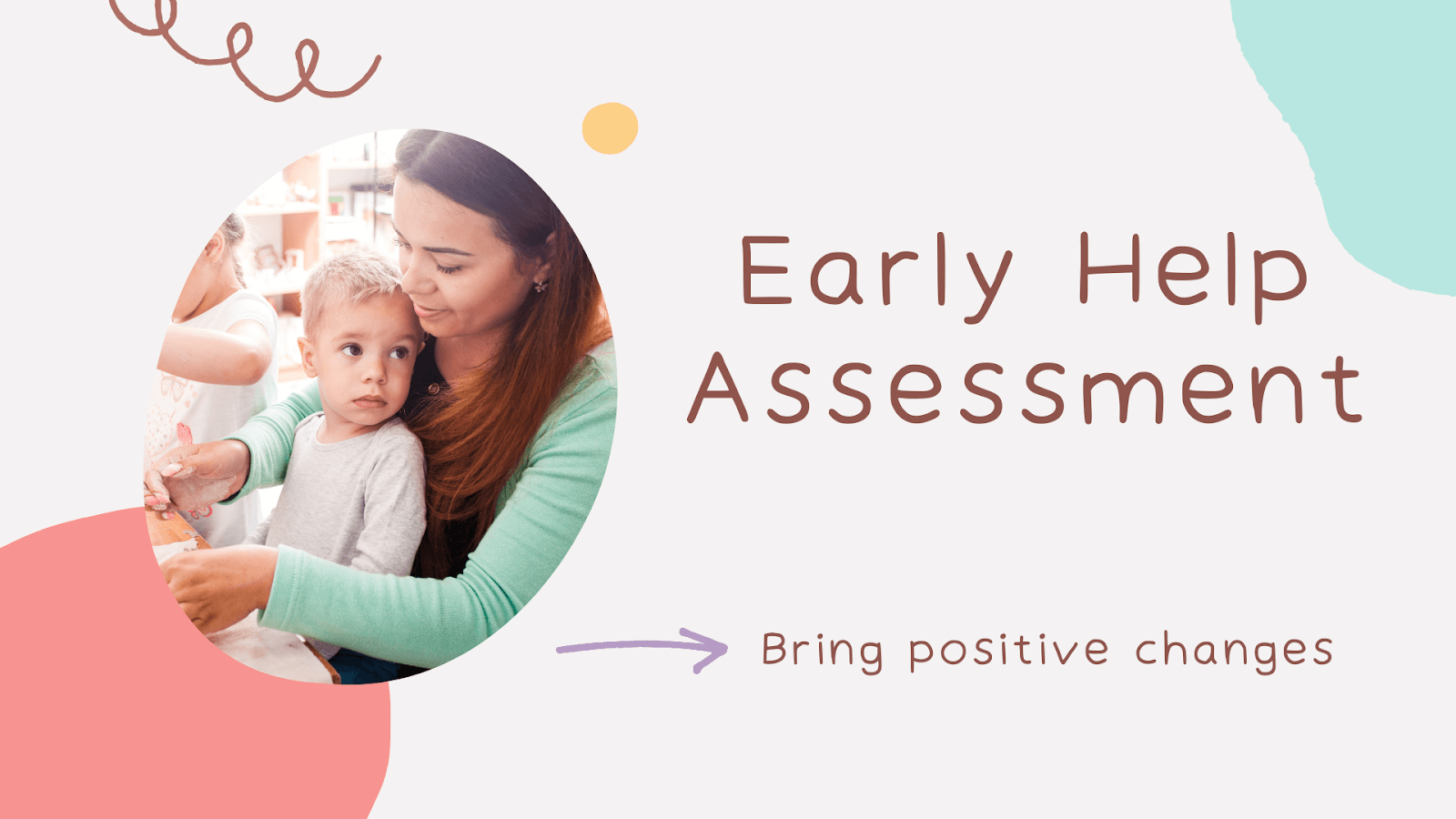The importance of a proper doctor-patient relationship has proven efficient in encouraging clients’ well-being. That’s because, in healthcare, the number of people who feel dismissed or ignored by their medical professionals seems to have increased, especially in the case of young people. Adolescents, for example, are disregarded for their symptoms by doctors because they believe some illnesses and health issues to be impossible to develop at such a young age. For example, endometriosis is commonly diagnosed in women ages 25 or older, but recently it has been revealed that it can occur even earlier than that.
At the same time, some patients refuse to trust their doctors, leading to them not taking the recommended treatment and medication, which worsens their medical condition. There are also cases in which patients don’t understand the severity of their illness, and some doctors might not be able to explain it in simpler terms, which increases the possibility of ignoring the diagnosis.
Doctors and patients need to understand that building a relationship based on trust and understating is the solution to solving problems and having a healthy life. Thus, effort must come from both parties.
Three models of the patient-doctor relationship
There are three categories of patient-doctor relationships emerging from clinical observations. First, there’s the doctor’s active involvement and the patient’s passive attitude. This way of operating in healthcare is efficient only during emergencies, but when it comes to treating chronic conditions, everyone involved must be actively implicated.
The second model includes the doctor’s guidance and the patient’s cooperation. But the third model is best, as it leverages mutual participation from the sides and it involves open communication and trust. If there’s no common ground between the patient and the doctor, the chances of medical negligence might increase, as there’s not enough interest from either of the people involved. Of course, for those experiencing such a situation, there is the possibility of a compensation claim, where the court will decide the gravity of the misdiagnosis. Medical negligence compensation can be proved with evidence.
What do patients expect from a doctor?
During a health check, patients might expect the doctor to behave in a way that would help them overcome nervousness. For instance, people want someone who asks good questions and is a good listener. On top of that, medical staff who can make patients feel comfortable are best, and even those with a good sense of humour are appreciated.
It seems like most patients are afraid of asking doctors more about their conditions, symptoms and such, leading them into simply agreeing and taking the treatment without further explanation. This lack of knowledge can transform into anxiety, while patients who feel intimidated might find it difficult to explain their symptoms properly.
What do doctors want?
In contrast, it seems like doctors want their patients to ask more questions, but they sometimes get challenged when it comes to giving advice. This is why medical staff require more respect from their clients because this is the recipe for developing continuity with physicians.
It would also be helpful if people would take notes on their symptoms before, during and after the treatment to provide insight on the possibility of changing the medication. But most importantly, doctors want their patients to take their medicines and not rely on traditional medicine or other options that have not been tested.
The issue with taking advice from the internet
Another aspect that makes the relationship between doctor-patient more challenging is the misuse of internet medical information. Most of the time, when people don’t have access to medical services, lack funds or simply worry about possible illnesses, they end up on an endless spiral of medical conditions and diagnose themselves.
Many risks are linked with this practice, such as reaching unreliable resources or getting anxious about potential health problems. In the worst cases, patients get dangerous treatments leading to side effects or overdose. Instead of diagnosing themselves, patients should take everything read online with a grain of salt. It’s best to read articles about their current official diagnosis and engage with people with similar health problems rather than use the information to put a label as a non-professional.
At the same time, patients should only choose reputable sources for their lectures, such as government agencies (NHS, FDA), medical centres and university medical schools. Or, they could ask their medical providers for the best internet resources to read more about their health problems.
How can the doctor-patient dynamic improve
There are many ways in which a doctor can improve their relationship with patients. The most important feature, for example, is communication skills, as it eliminates all kinds of barriers between the two parties. Listening to people’s complaints about what hurts and what they feel is also paramount because it makes people feel understood and validated. Doctors should also be more empathetic since patients come in with a vulnerability in front of them and need to be open about uncomfortable things, which is why they shouldn’t be judged.
Patients should also trust their medical professionals more. While it’s true that in some isolated cases, misdiagnosis is possible, that doesn’t mean all doctors are the same. This is even more relatable if doctors are gentle with people. Sometimes, people may have a certain image of how a doctor should behave and talk with them. Still, the truth is that doctors have different personalities, which doesn’t determine their level of experience or knowledge. At the same time, patients need to follow treatment closely and make an effort not to forget to take their pills at the right time. Although this may be more difficult for elders, it’s an essential step to get better.
Final considerations
The relationship between a doctor and their patient is much more important for the well-being of people. That’s because with trust and communication, medical staff can better understand the cause of the illness, and the patient can grasp the occurrence of a health problem and try following treatment thoroughly.







 August 10, 2023
August 10, 2023






